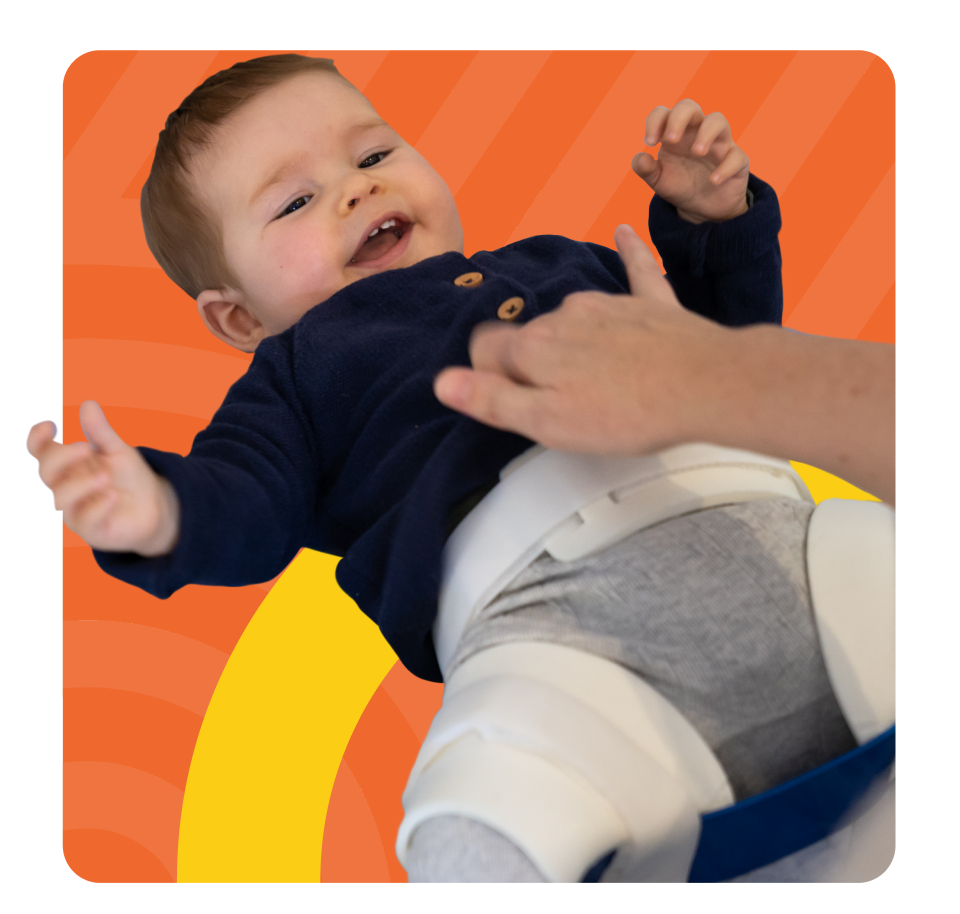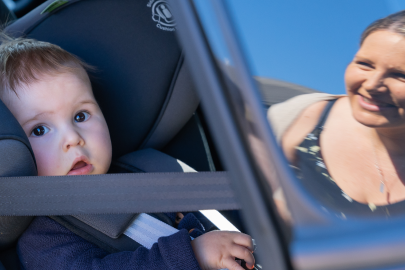Modified car seats

Understanding modified car seats
Modified Australian standard car seats no longer comply with the Australian/New Zealand Standard for child restraints (AS/NZS 1754). This is because it involves adding accessories, or making changes to the car seat not in accordance with the manufacturer’s instructions for use.
Accessories include, for example, postural supports, additional padding, and buckle covers, not supplied with the car seat.

Research
A product and practice review undertaken in 2020/21 as part of MACA’s Australian Safety Assessment Program identified significant gaps in research and knowledge relating to modified Australian standard car seats.
In response, Neuroscience Research Australia (NeuRA) offered a PhD scholarship to investigate the safety impact of modifying Australian standard child restraints.
Learn more about the key findings of this unique research project in MACA's online training course for allied health professionals.
FAQs
Explore commonly asked questions






